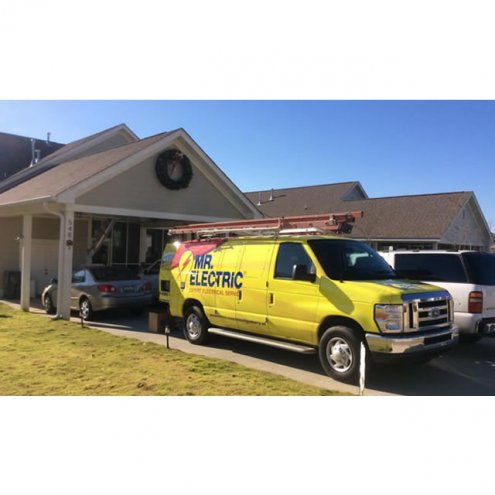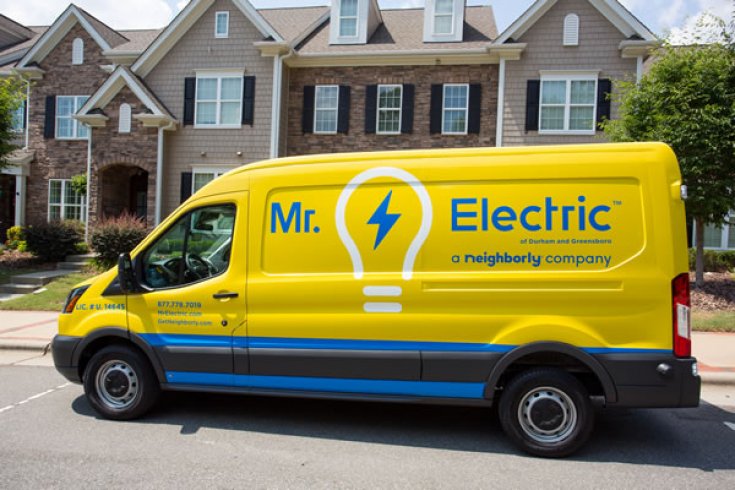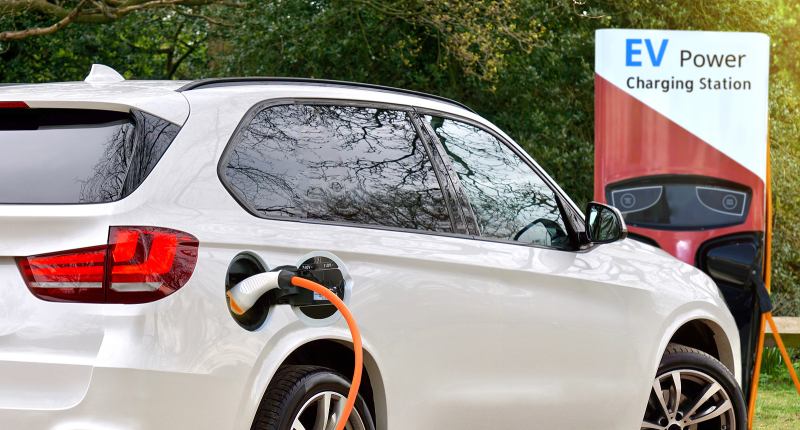


24-Hour Emergency Electricians in Fort Worth, TX
Call This Saturday to Get 15% OFF
Need an electrician?
Schedule NowResquest Electrical Service Now
469-505-2998
Electric Vehicles are showing up on the roads in growing numbers, and there is a lot of discussion about how they impact your electric bill and pricing. A competent electrician from Mr. Electric of Fort Worth can help answer questions you may have about an electric vehicle. Should you be concerned about your monthly electric bill? Is utility pay-as-you-go the only solution to charge electric cars?
The popularity of electric vehicles continues to rise. More and more people choose to drive electric cars instead of gasoline. It's great for the environment and can be pretty fun to drive! If you're considering moving away from fossil fuel vehicles, below are some things you should know about the impact of that choice on your electric bill.
There's a long-standing debate about whether electric cars can increase electric bills. The idea is that, since these vehicles need to draw power from the electrical grid, they'll increase demand and, therefore, costs. However, the truth is that electric cars will have a minimal impact on your utility bill so much so that you might not even notice it.
Driving an Electric Car vs. Driving a Gas-Powered Car
Determining how much impact an electric car will have on your utility bill comes down to comparing the various costs of owning both types of vehicles. While there are many differences between gas-powered and electric cars, gas-powered cars always need gas, while electric vehicles don't always need electricity.
This is because gas-powered cars require frequent fill-ups to keep running as often as every 300 miles while you can go much longer without charging an electric car.
As such, when considering the cost of owning an electric car vs. owning a gas vehicle, you'll need to consider how often you drive and where your driving habits take you. If you only drive for short distances or infrequently, then the cost difference between fueling up at the pump against charging your car up at home makes electric cars a no-brainer.
Average Cost
According to AFDC Energy the information below explains the average cost of an electric vehicle:
Most electric vehicle owners of plug-in electric vehicles charge their cars overnight at their own home using equipment that charges them at AC Level 1 or AC Level 2. A professional electric must install Level 2 charging equipment, and Mr. Electric of Fort Worth can help.
An electric vehicle consumes about 33 kWh on average, and the cost of electricity is $0.13 per kWh. As a result, the average cost per mile for an electric vehicle is about $0.04. It is estimated that charging an electric car with a 200-mile range will cost $9 on average.
Benefits of Electric Cars
Drawbacks of Electric Cars
If you consider an electric vehicle, contact Mr. Electric in Fort Worth for more information to update your home's electrical system today. We have professional electricians to meet all electrical upgrade needs you have.